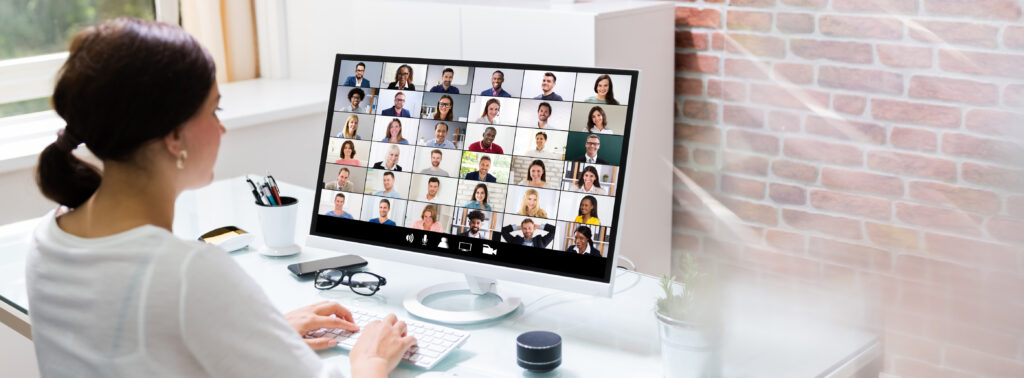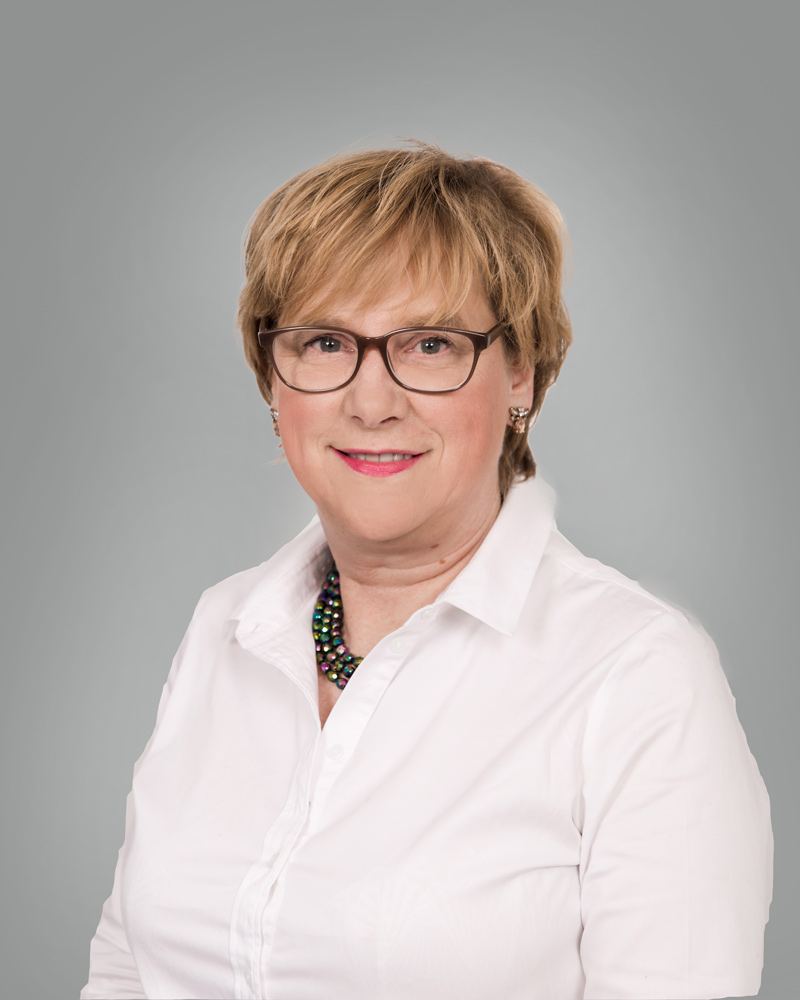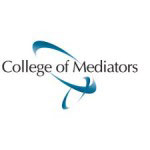
Family Matters and Haven, a charity based in Sheffield working with children who have witnessed domestic abuse, welcomed 40 mediators and legal advisors from across the country to a special online event called “Understanding and Recognising Domestic Abuse”.
The director of Family Matters, Juliette Dalrymple, introduced the event saying:

“Family Matters and the mediation community recognise that an understanding of domestic abuse is an important part of our work as mediators.”
Haven is a Sheffield based charity that carries out innovative and child focussed work. Its vision if for:
“A world free from domestic abuse where children and young people are safe, and their voices are heard.”
The speaker from Haven was the children and young people’s practitioner group coordinator, Samira Gjerde, who wassupported by her technical advisor, Ronnie Postlethwaite.
During the presentation, Samira identified that reporting of domestic abuse increased during COVID, with recent studies indicating that 90% of children in abusive relationships are aware that that abuse is taking place, even if they are not in the same room.
Samira and Ronnie talked about the fact that children can feel responsible, saying “I could not make it stop”.
They highlighted the impact of COVID, isolation and domestic abuse on children, citing an NSPCC study which reports that calls to its helpline about the impact of domestic abuse on children have increased by 32% since the start of the lockdown, to an average of one an hour. Since the lockdown, 1,500 adults contacted the NSPCC helpline about the risks to children who, because of COVID and lockdown, are trapped behind closed doors.
The Domestic Abuse Act that comes into force in 2021 treats children as victims of domestic abuse in their own right. Samira talked about the idea that children and young people are not only passive witnesses to domestic abuse, but they may also have many different roles.
Conflict between parents can affect children is many ways.
- Children may be the target of abuse themselves if it is directed to them.
- They may also witness the abuse: watching one parent physically or verbally abuse the other.
- They may take on the role of the warning system: noticing the signs of one parent getting angry and trying to warn or protect the other parent.
- They may be the protector in the family trying to shield younger children from seeing or hearing conflict.
All of this makes children and young people less resilient and affects their ability to grow and develop normally.
The Right Honourable Jess Phillips provided a video for the event in which she talked about the importance of raising awareness in this area with a view to changing public attitudes and government policy.
Feedback from the delegates attending the online event included:
“Informative, good, varied programme, child focussed.”
“Thank you for such an interesting seminar. I hope the increased awareness leads to meaningful change.”
“It was an inspiring and informative talk by experts in their field.”
The event helps Family Matters’ mediators to assess the risk of domestic abuse in a mediation case and consider whether mediation can take place safely or whether it should go straight to court. There are cases where mediation can take place successfully, providing the necessary safeguards are in place. These include individual initial meetings and separate online meetings. This is called shuttle mediation.
To make a referral or an appointment to talk about your mediation click here.
Read how George and Mabel used mediation to find solutions to their issues event though an injunction was in place.
To find out about the next event click here.



